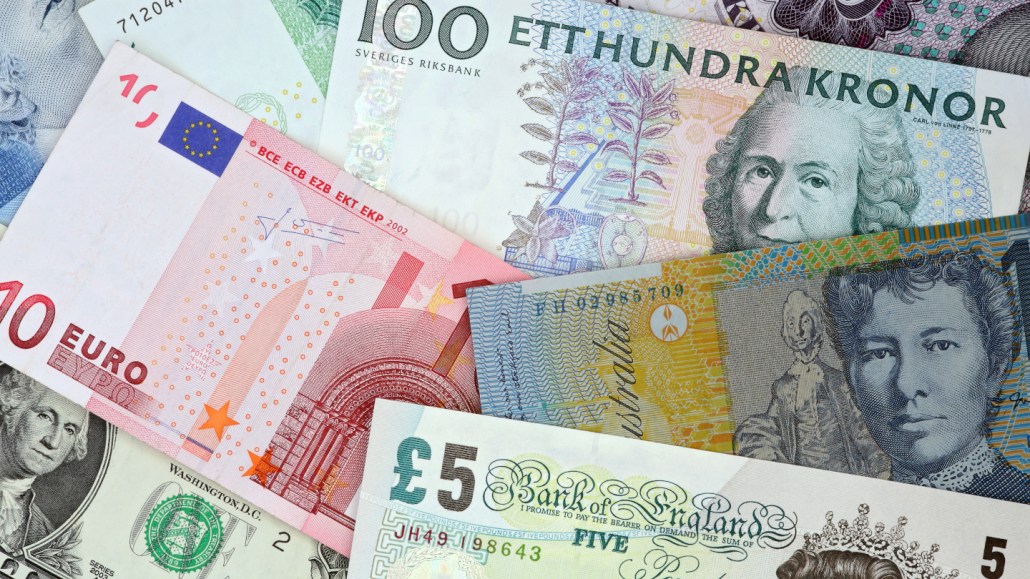Questions for “How we choose to pay has hidden costs for the planet”

These banknotes represent just some of the many types of currency people use to pay for things. Money in all its forms has environmental impacts. That’s especially true for the virtual type known as cryptocurrency.
Jaap2/ E+/ Getty Images Plus